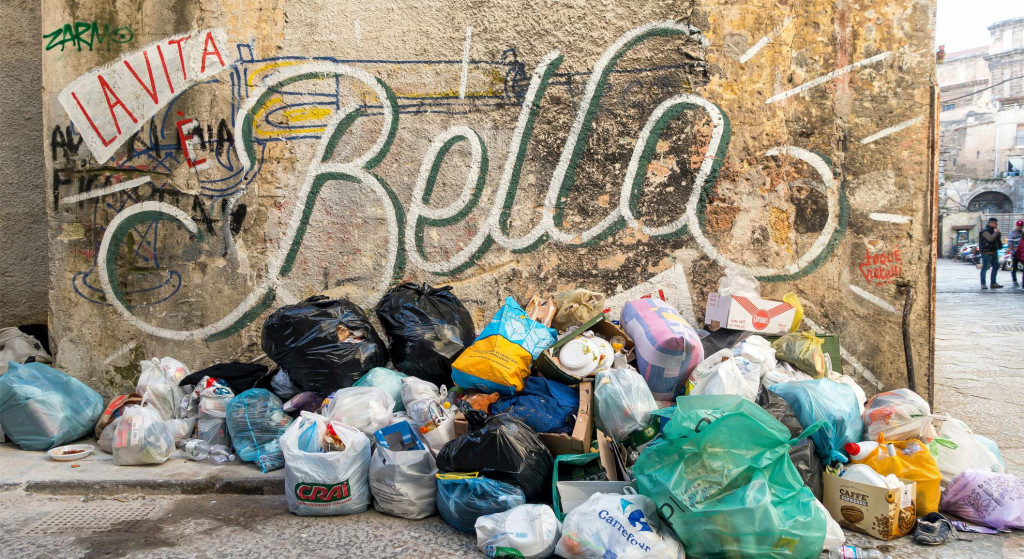
It’s no secret that plastics are overwhelming the earth right now. Decades of uncontrolled plastic production and consumption have created a glut of plastic waste, dominating the landfills, filling the oceans and even leeching into our water supplies. The latest: terrifying research that shows microplastics can pass from mothers to foetuses, in a study that was conducted on rats.
Plastic has even reached places where humans have yet to explore fully. Debate is constantly raging as to who is responsible for this situation, and who should be the first to act: should national governments impose more sanctions on plastic production? Should brands and companies be responsible for developing biodegradable or sustainable alternatives to plastics? Should individual consumers be tasked with reducing their own plastic consumption?
The answer, of course, is all of the above. Reducing plastic use is a job for everyone, even if it does feel overwhelming at times. It does mean applying a little more thought to your everyday life, and making sure you have the necessary supplies before leaving home so you don’t get forced into accepting a plastic bag at the supermarket. But however big or small a change you want to make, it’s doing good. And it’s doable.
1. Swap to a fabric face mask, if you can
Within a year, face masks have transformed from a somewhat puzzling accessory to a must-have garment for leaving the house. The good news: masks keep you safer. The bad news: Single-use surgical masks are just as bad for the planet as any other single-use plastic.
If you need to use single-use surgical masks for medical or professional reasons, remember to dispose of them responsibly. Cut the ear loops so that there’s less chance of wildlife getting tangled up in them, and then throw the whole mask straight into the bin. (Unfortunately there is no safe way to recycle this kind of mask.)
Or if you can, purchase a fabric mask that can be washed and reworn multiple times. Just make sure that your mask has at least three layers, per the WHO’s recommendations: “an inner layer of absorbent material, such as cotton; a middle layer of non-woven material, such as polypropylene; an outer layer of non-absorbent material, such as polyester or polyester blend.” Fabric masks should be washed at 60C and never shared.
2. Ditch the plastic water bottles
Swapping out plastic water bottles for a reusable bottle is one of the easiest ways to cut down on your plastic use. Bonus points if you buy a new water bottle that’s made from recycled plastic! Of course, this also applies to all other disposable drink vessels – takeaway coffees, smoothies, boba. If you order a drink a day on average, you could save the world from 365 pieces of plastic waste a year.
3. Try a zero-waste store
Zero-waste or bulk supply stores are a great way to shop for generic household items that you buy frequently and in large quantities: think dishwashing liquid, detergent, and body shampoo – whatever you use on a regular basis, you’d probably find it in a zero-waste shop. Take along your own containers and fill them up at the store – you’ll pay only for what you take, and won’t have to pay for excess packaging either.
4. Keep reusable straws and utensils with you
I know what you’re thinking: “It’s just one straw!” as you guiltily sip your well-deserved beverage. And though you can’t be perfect all the time, it’s not just one plastic straw if the entire world of over seven billion people uses a straw every day.
A reusable straw is the easiest thing to stick in your bag; portable utensil sets too, if you’re partial to a takeaway.
5. No more Ziplocs
Whether it’s for a sandwich or a few grapes, there’s no real reason to grab a Ziploc bag any more when you could reach for a reusable alternative instead. Silicone food storage bags are sturdier, washable, freeze well, come in a much more exciting range of colours and can even go in the microwave
6. Keep bags by the door or in the car
It goes without saying by now that if you’re going grocery shopping, you should be carting your food home in sturdy reusable totes rather than plastic bags. If you’re prone to forgetting, or enjoy a spontaneous grocery dash while you’re out and about, set yourself up for success by keeping a bag or two in your car, by the door or inside your daily work/errands bag.
7. Support your local farmers’ markets
It seems like fruits at the supermarket all come in plastic packaging these days, even when they already have a perfectly natural protective layer. What even is the point of bananas and oranges in plastic packaging?
Pressuring your local supermarket to reduce their reliance on plastic packaging can do wonders, but also consider heading to your local farmers’ market for fresh produce without the plastic. You’ll also be supporting your local community and eating more sustainably.
8. Use solid shampoo and soap bars
You can eliminate one whole category of plastic waste from your life by switching to solid shampoo, conditioner and soap bars. (You could even have a go at making your own.) Bonus: many of these kinds of soaps don’t include the synthetic foaming agents and chemicals that can leach into natural waterways and damage the ecosystems there.
9. Think cloth, not plastic
Wherever you might use a single-use paper or plastic item, see if you can find a reusable cloth alternative.
Make it a habit to carry around a handkerchief to wipe your hands instead of using tissues.
Use cloth wraps to carry your takeaway food instead of plastic bags.
Invest in cloth diapers instead of using disposable ones.
Little by little, it will definitely help the planet if you adopt these easy ways to use less plastic.
Want to try making your own reusable items? Start with our free DIY guide that shows you how to make your own fabric bento bags and napkins.
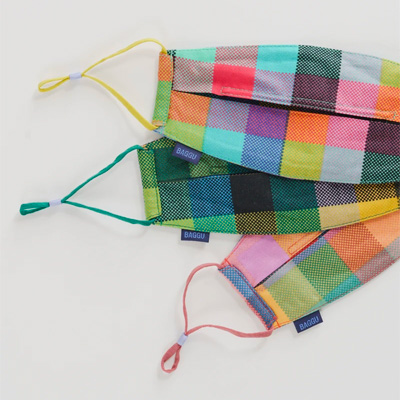
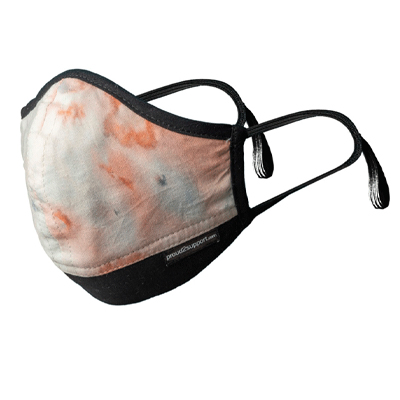
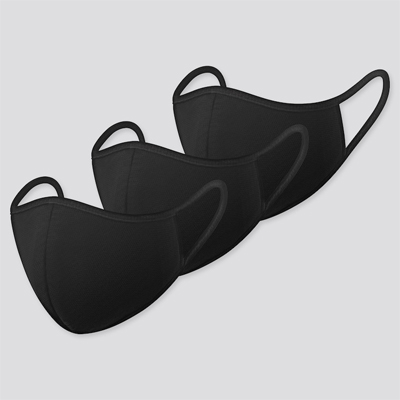
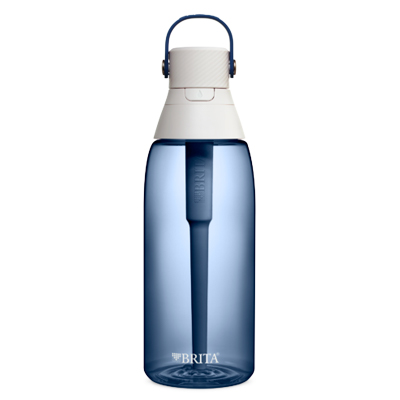
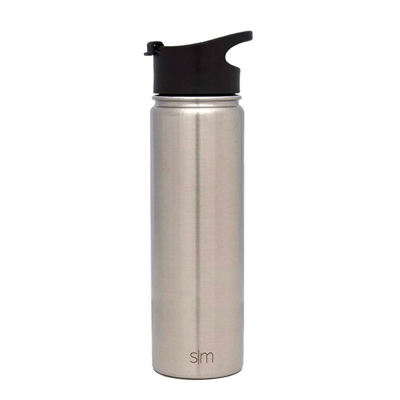
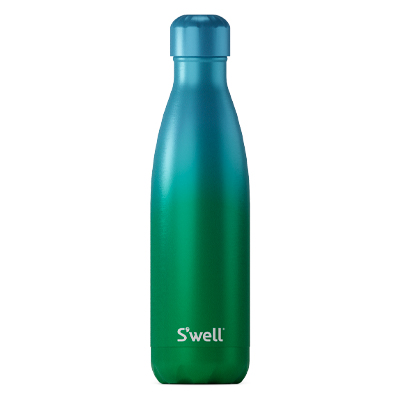
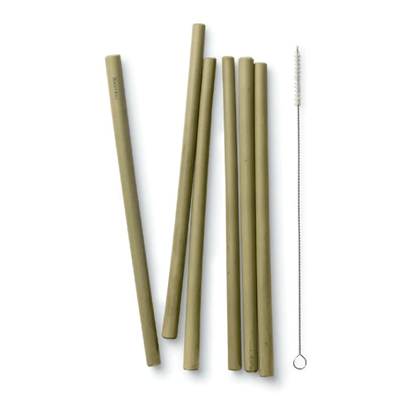
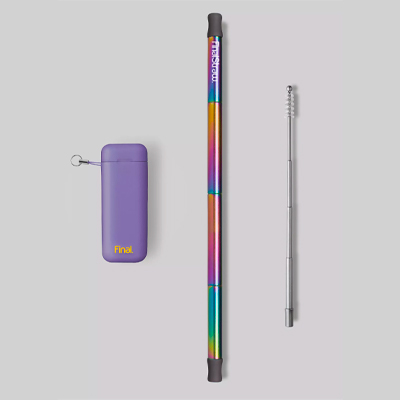
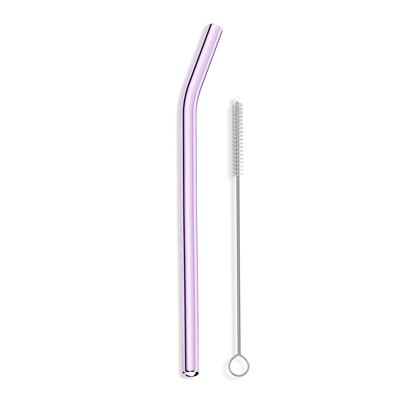
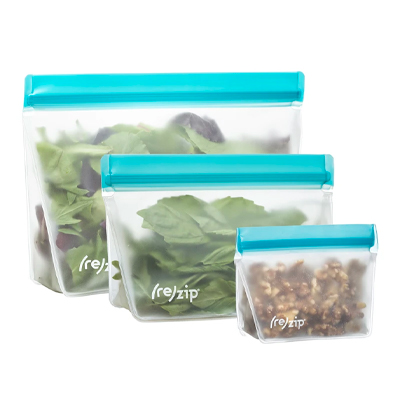
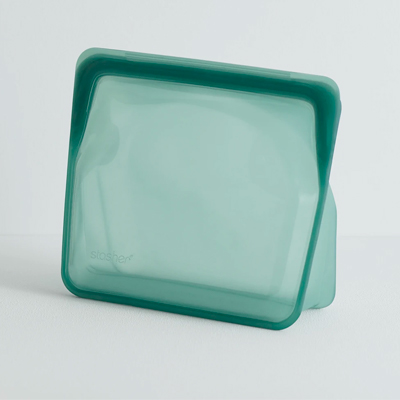
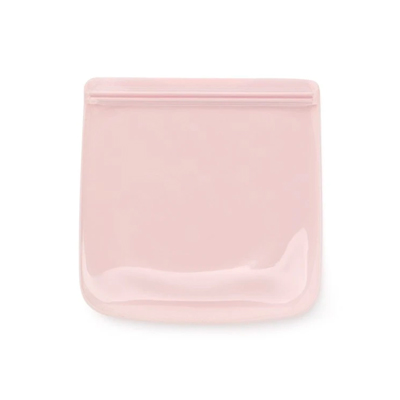
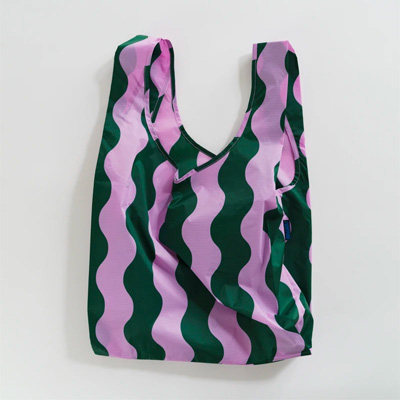
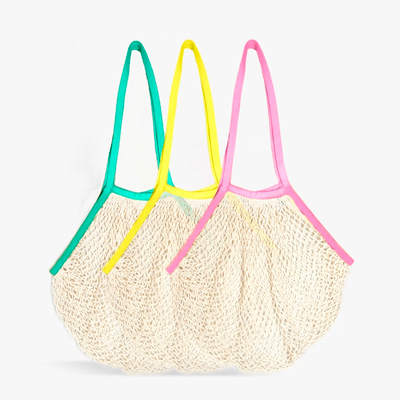
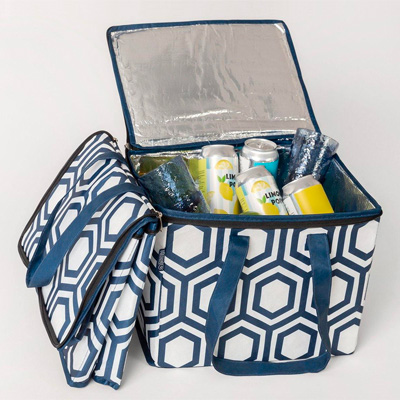
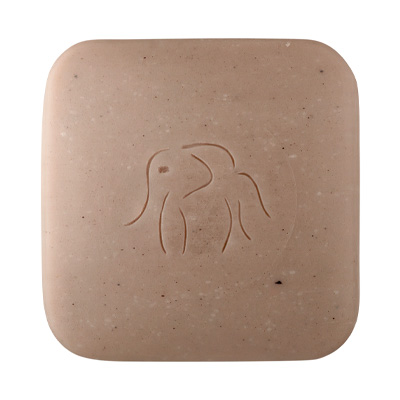
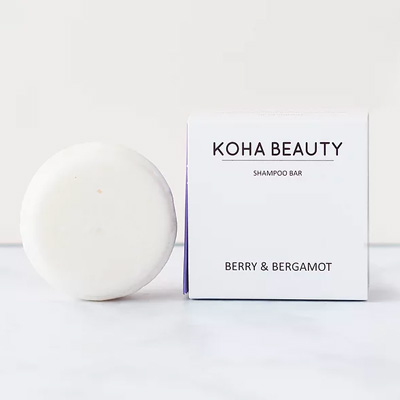
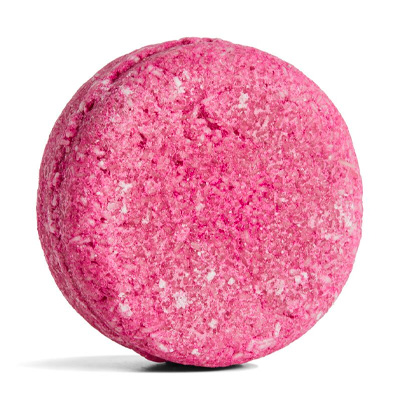















Leisure Lounges
Apr 8, 2021This is quite informative post. Got to know so many ideas to reduce the uses of plastics.